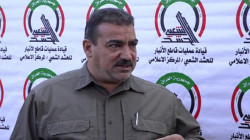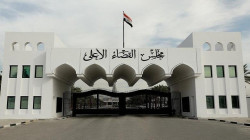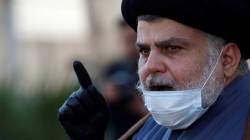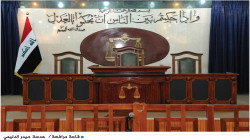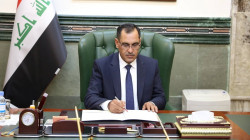Iraq's General Amnesty Law: Judiciary issues key instructions
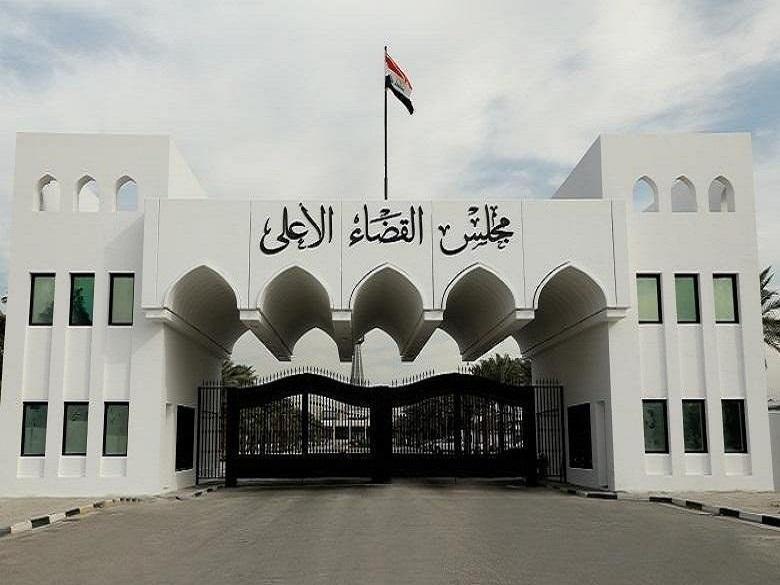
Shafaq News/ On Monday, the Iraqi judiciary issued a series of directives to its courts regarding the implementation of the recently enacted General Amnesty Law.
The law aims to grant amnesty for certain offenses, explicitly excluding individuals involved in terrorism, violent acts, and drug offenses from receiving any form of amnesty.
The judiciary, according to a statement and documents, has decided that the Presidency of the Appeals Court should form one or more central committees in each appellate region, composed of three first- or second-degree judges, which will be responsible for reviewing requests for reinvestigation and retrial under the provisions of Article 9, Section 1, of the Second Amendment to the Amnesty Law.
These committees will reportedly handle cases from internal security or military courts within their territorial jurisdiction.
1. Cases still under investigation or trial will be decided by the aforementioned courts, which will determine whether the defendant qualifies for the general amnesty.
2. Cases with non-final judgments or absentia rulings will be reviewed by the courts that issued them.
3. Cases with final judgments will be reviewed by the central committee formed for this purpose within the Presidency of the Appeals Court, and amnesty decisions will only be implemented once they become final.
4. Rulings from criminal courts with requests for reinvestigation or retrial will be reviewed by the central committee at the Presidency of the Appeals Court, regardless of whether the rulings are final or still under appeal. Decisions will not be implemented until they become final.
Last week, Faiq Zidan, head of the Supreme Judicial Council, directed the implementation of the Second Amendment to the General Amnesty Law No. 27 of 2016 after the Iraqi parliament vote.
Following the parliamentary session, many MPs gathered signatures to dismiss Speaker Mahmoud al-Mashhadani due to their objections to the voting process on the law, with some revealing that the vote occurred without members raising their hands.

